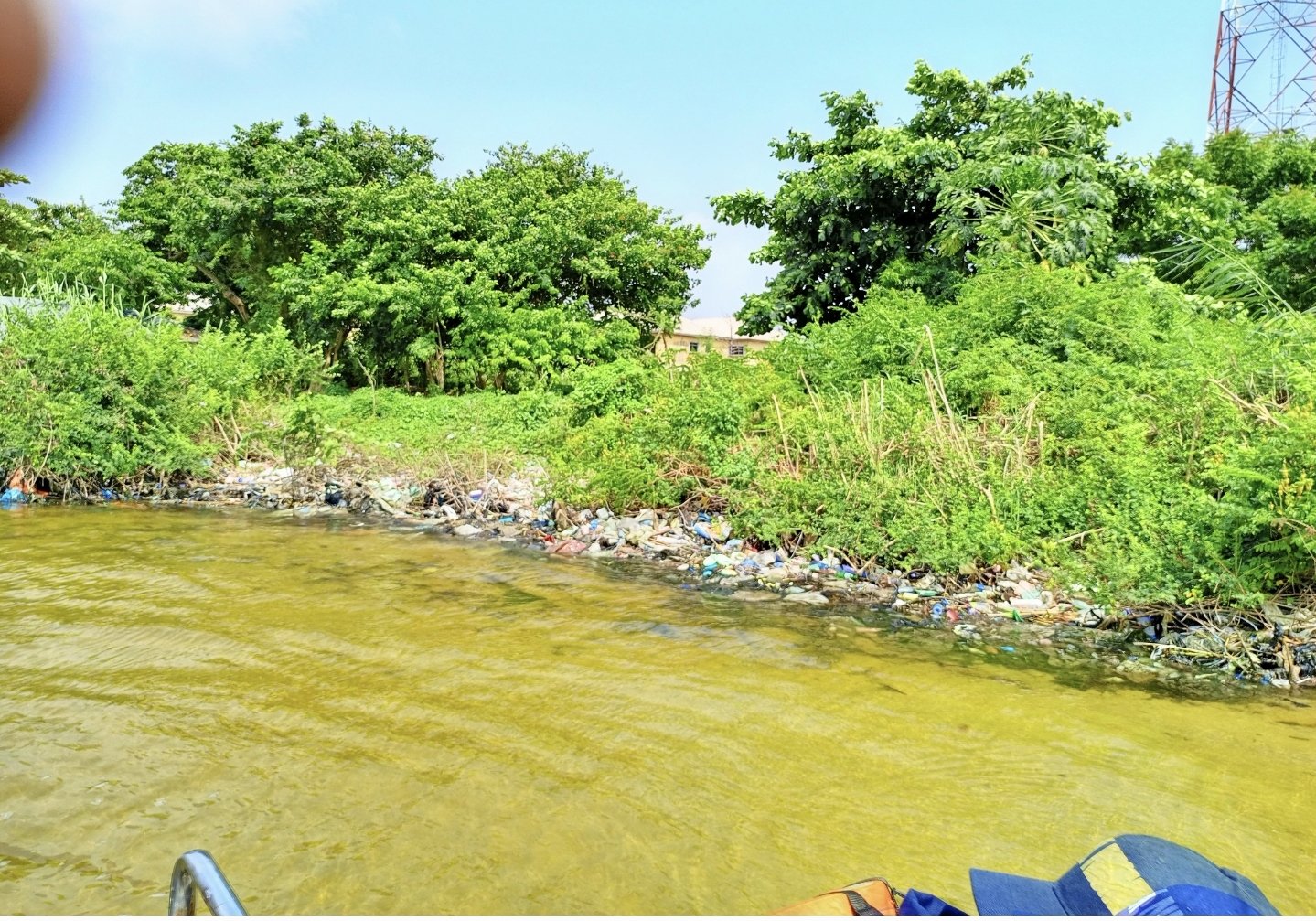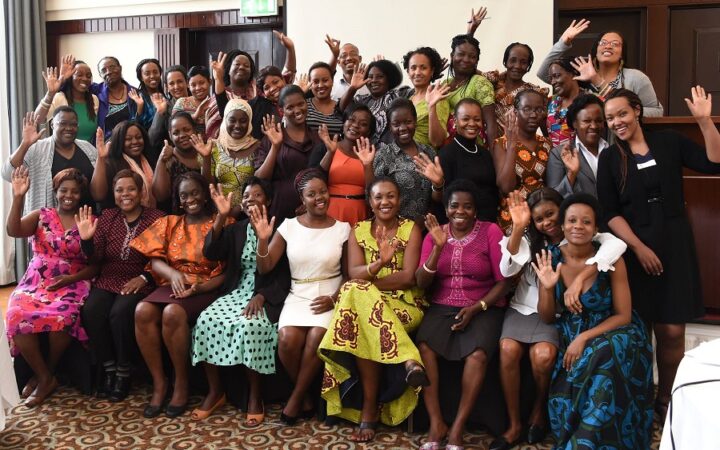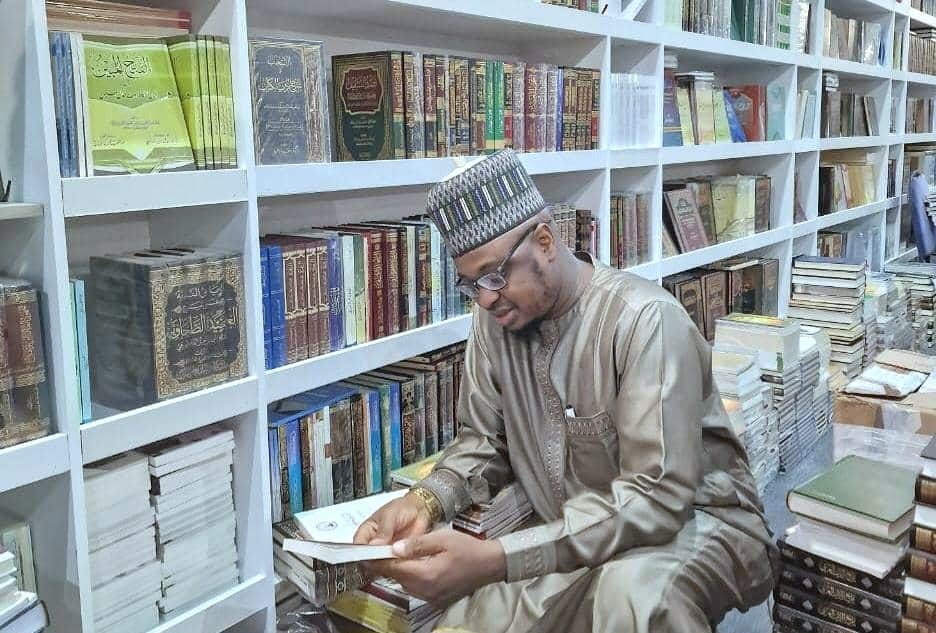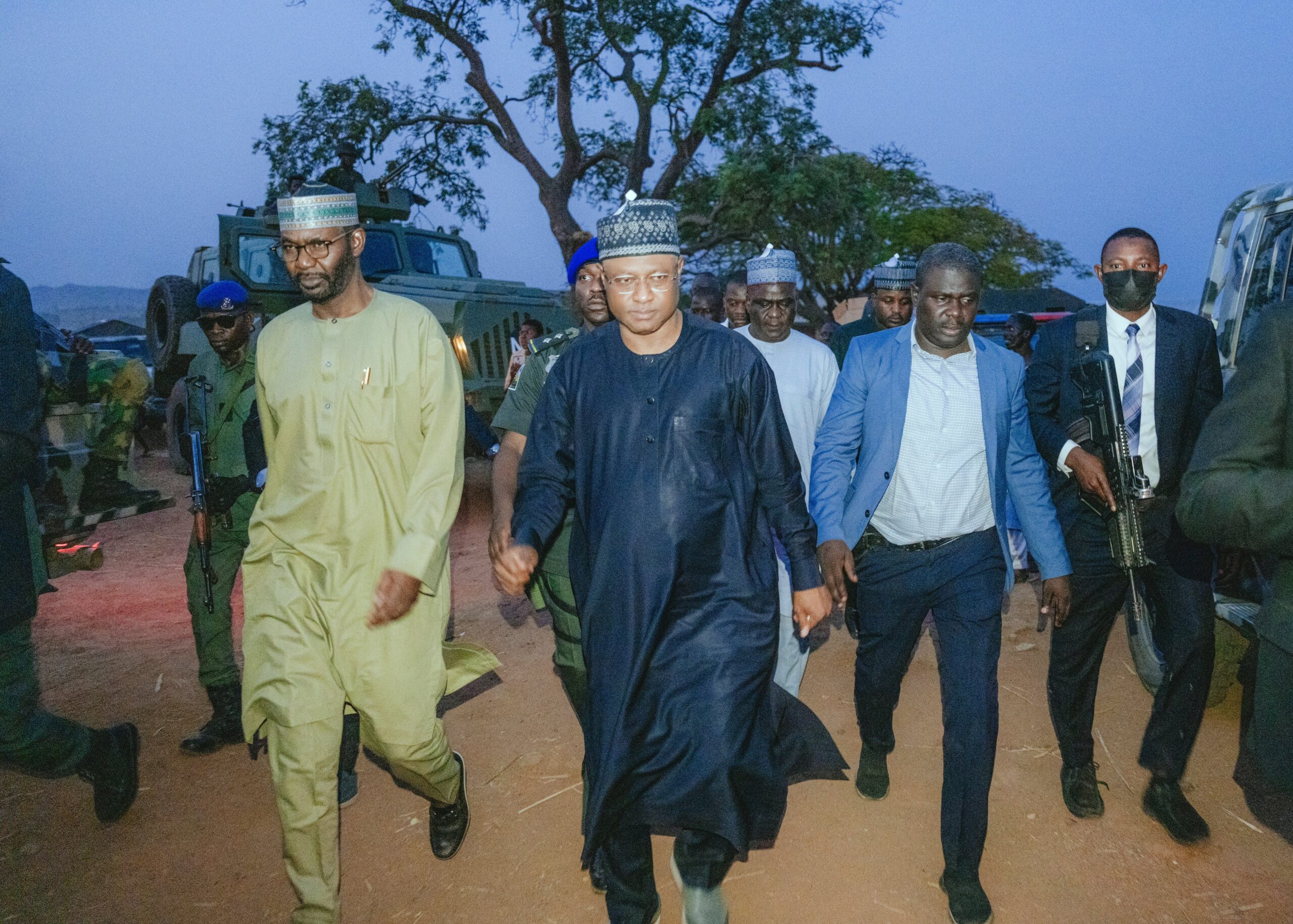BY COMFORT YAKUBU
It has been over six years since professors of Nigerian universities were arrested at Nera Hotel in Abuja. They were meeting to discuss the welfare of Cameroonian refugees who had fled for their lives into Nigerian territory when they were suddenly taken at gunpoint by 20 armed men on January 5, 2018.
These academics were handcuffed and held in an underground detention facility of the Department of State Services (DSS) for 20 days.
Later, they were repatriated to Cameroon, with the assistance of the administration of then-President Muhammadu Buhari, even though they were legally resident in Nigeria, as refugees and registered asylum seekers.
Advertisement
Femi Falana had advised the Buhari administration to redirect the efforts of the State Security Service (SSS) from President Paul Biya’s proxy war to collaborating with the Nigeria Police Force to tackle criminal elements causing chaos in the country
In Cameroon, they were brought before a military tribunal, tried in French, even though they were English speaking with no provision of a translator and sentenced to life imprisonment, at the Kondengui Maximum security detention facility with a fine of $525 million.
This action has been widely criticised globally.
Advertisement
A federal high court in Abuja on March 1, 2019, and November 28, 2019, recognised the violations of their rights.
The judge ruled that the state must pay N5 million (US$13,800) to each detainee for violating their fundamental rights, including the right to life, dignity, fair hearing, health, freedom of movement, and association.
Additionally, N200,000 in damages were awarded for deportation. The court issued a perpetual injunction against further violations and ordered the deportees’ return to Nigeria promptly.
The UN Human Rights Special Procedures Working Group based in Geneva, Switzerland earlier called on the government of Cameroon to release them because of the violation of their human rights citing that “the manner in which the complainants were arrested, detained in Nigeria, transferred to Cameroon, detained, tried, and sentenced to life imprisonment violated various international laws to which both Cameroon and Nigeria are signatories to”.
Advertisement
The Group also asked that Cameroon and Nigeria remedy the situation and “accord them an enforceable right to compensation and other reparations, in accordance with international law”.
Heather Nauert, the US Department of State spokesperson, emphasised that the actions of Nigeria and Cameroon violated the detainees’ rights by forcibly repatriating them. She urged both governments to adhere to their international obligations and refrain from such actions.
Many rights groups have criticised the imprisonment, calling for their release but years down the line they are still in detention.
Ogaba Oga, a legal practitioner, explains that refugees in Nigeria are afforded various legal rights through both national and international instruments.
Advertisement
The National Refugee Commission Act of 1989 establishes fundamental protections, including non-refoulement, access to basic needs like food and shelter, the right to work and education within national regulations, and freedom of movement within Nigeria.
Internationally, Nigeria is bound by the Refugee Convention of 1951, which reinforces these rights. Additionally, refugees are protected under the Convention Against Torture and Other Cruel, Inhuman or Degrading Treatment, and the Universal Declaration of Human Rights.
Advertisement
However, challenges persist in the consistent implementation of these rights, sometimes resulting in difficulties for refugees in accessing services and opportunities. Registration with the National Refugee Commission is essential for accessing these rights and protections.
Oga explained that registering with the National Refugee Commission is crucial for accessing rights and protection and that implementation of these rights can sometimes be inconsistent, and refugees may face challenges accessing services or opportunities as in this case.
Advertisement
Speaking on how they were tried he said the Universal Declaration of Human Rights states that everyone has the right to understand the charges raised against them and the right to a fair trial. This generally includes the right to have the proceedings translated into a language the defendant understands.
In theory, a military tribunal cannot try civilians in Cameroon. This is because international and regional human rights standards (both the African Charter on Human and Peoples Rights and the International Covenant on Civil and Political Rights) stipulate that civilians should be tried in ordinary civilian courts. Trying civilians in military courts is generally seen as a violation of their right to a fair trial and a violation of their human rights.
Advertisement
Cameroon’s Military Justice Code generally limits the jurisdiction of military tribunals to military personnel and offences committed while on duty
However, in practice, Cameroon has been criticised for trying civilians in military courts, particularly on terrorism charges. The 2014 Terrorism Law has been used to bring charges against human rights defenders and others before military tribunals, often with unfair trials and harsh sentences. This practice has been condemned by human rights groups and international bodies.
Overall, while it is generally prohibited under international and national law, the practice of trying civilians in military courts “does occur” in Cameroon, particularly with terrorism charges. This practice has been widely criticised as a violation of human rights.
The activists held in detention to date are:
- Julius AyukTabe: Vice president of the American University of Nigeria Information Technology expert, human rights activist, and philanthropist.
- Augustine Cheh Awasum: Professor of Surgery: Dept of Veterinary Surgery and Diagnostic Imaging, Ahmadu Bello University. Fellow of the College of Veterinary Surgeons, Nigeria.
- Blaise BerinyuySevidzem: Barrister-at-law, human rights advocate, solicitor and notary public.
- Cornelius Njikimbi Kwanga: PhD in Economics and Senior Lecturer, Umaru Musa Yar’adua University.
- Egbe Ogork Ntui: PhD in Engineering and Associate Professor of Structural Engineering at Bayero University.
- Elias Ebai Eyambe: Barrister-at-Law, advocate, solicitor and notary public.
- Fidelis Ndeh-Che: PhD in Engineering and associate professor. An IT engineer at the American University of Nigeria.
- Henry Tata Kimeng: Associate professor of civil engineering department of Architecture at Ahmadu Bello University.
- Nfor Ngala Nfor: Political scientist and author.
- Wilfred FombangTassang: Secondary School teacher and trade union leader.
Yakubu writes from Abuja.
Views expressed by contributors are strictly personal and not of TheCable.
Add a comment






